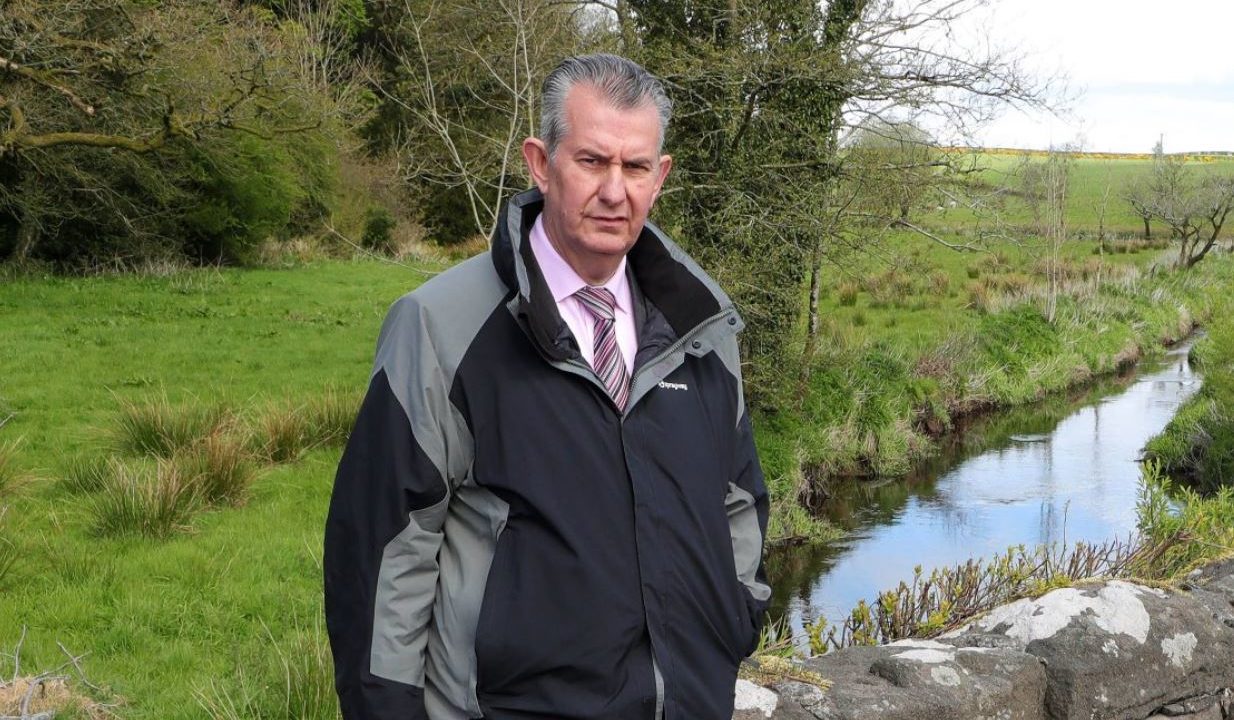Northern Ireland’s former agriculture minister, Edwin Poots MLA,has said there is no reason to cut cattle and sheep numbers as a means of reducing agriculture’s carbon footprint.
He was speaking at last weekend’s Democratic Unionist Party (DUP) annual conference, held in Belfast.
“Cattle and sheep numbers in Northern Ireland are exactly the same as they were back in the 1950s,” he said.
“What has changed though is the number of street lights and cars on the roads. Both these figures have increased 35-fold over the past 70 years.
“So, where climate change is concerned, policymakers should focus on those aspects of society, where we have seen dramatic increases in fossil usage over recent years.”
The run-up to Christmas will see Northern Ireland’s Department of Agriculture, Environment and Rural Affairs (DAERA) publishing carbon budgets for the next decade and beyond.
This is a direct follow-on from the climate change legislation passed by the Stormont Assembly in 2021.
Cattle and sheep numbers
Up to now, the public debate on carbon budgets has been very much framed by recommendations published by the UK’s Climate Change Committee (CCC).
These include a proposal to reduce livestock numbers by 20%.
DAERA has already indicated that such a step will not be included in the first tranche of carbon reduction measures for Northern Ireland. However, the measure could be introduced beyond 2030.
Prior to the demise of the Stormont Executive, Edwin Poots had shaped a number of changes to the farm policy supports available in Northern Ireland.
These included a bespoke suckler cow headage payment and a slaughter premium, designed to encourage the finishing of cattle at an earlier age.
“The slaughter premium will be introduced in 2024. There is a 12-month delay in the introduction of the suckler payment,” Poots said.
“But it will still be very much part of the new support measures, as the farming sector looks to the future.”
Edwin Poots said he buys-in to the principle of agriculture in Northern Ireland being placed on a more sustainable footing for the future.
Much of the climate change focus to date, has been placed on the role of methane as a greenhouse gas. This puts beef and sheep producers at the front and centre of farming’s response to this challenge.
The vast majority of beef and sheep farms in Northern Ireland are small, family-run businesses. Turnovers are small and their very existence is predicated on the availability of the basic payment.
